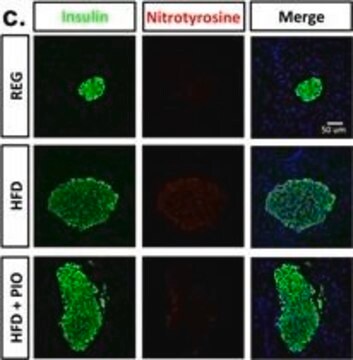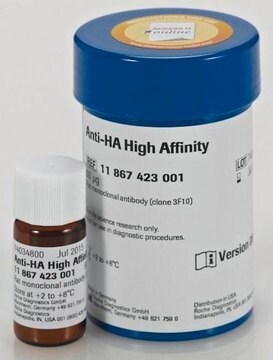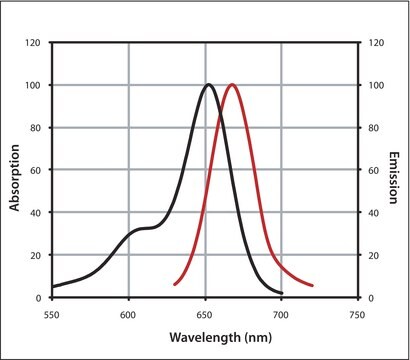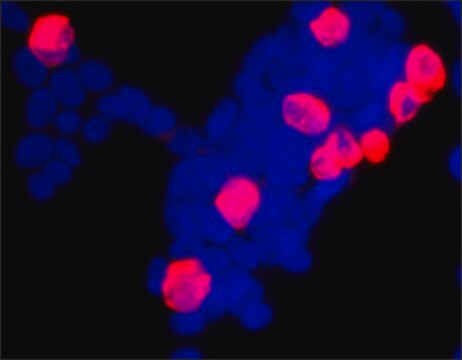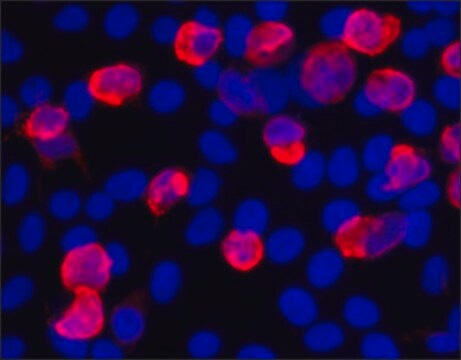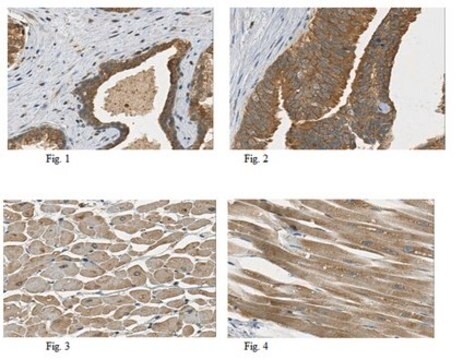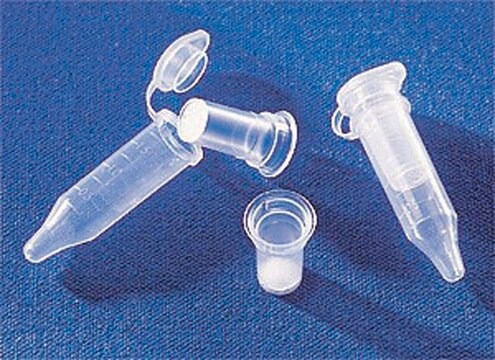ZRB2195
Anti-Interferon γ Antibody, clone 1N13 Antibody, ZooMAb® Rabbit Monoclonal

recombinant, expressed in HEK 293 cells
About This Item
Recommended Products
biological source
rabbit
Quality Level
recombinant
expressed in HEK 293 cells
conjugate
unconjugated
antibody form
purified antibody
antibody product type
primary antibodies
clone
1N13, recombinant monoclonal
description
1N13 Clone
product line
ZooMAb® learn more
form
lyophilized
mol wt
calculated mol wt 19.35 kDa
observed mol wt ~15 kDa
purified by
using Protein A
species reactivity
human
packaging
antibody small pack of 25 μL
greener alternative product characteristics
Waste Prevention
Designing Safer Chemicals
Design for Energy Efficiency
Learn more about the Principles of Green Chemistry.
enhanced validation
recombinant expression
Learn more about Antibody Enhanced Validation
sustainability
Greener Alternative Product
technique(s)
affinity binding assay: suitable
flow cytometry: suitable
immunohistochemistry (formalin-fixed, paraffin-embedded sections): suitable
western blot: suitable
isotype
IgG
epitope sequence
Unknown
Protein ID accession no.
UniProt accession no.
greener alternative category
, Aligned
shipped in
ambient
storage temp.
2-8°C
target post-translational modification
unmodified
General description
Specificity
Immunogen
Application
Evaluated by Western Blotting in NK92 cell lysate.
Western Blotting Analysis: A 1:1,000 dilution of this antibody detected Interferon in NK92 cell lysate.
Tested applications
Western Blotting Analysis: A 1:1,000 dilution from a representative lot detected recombinant human Interferon .
Immunohistochemistry (Paraffin) Analysis: A 1:1,000 dilution from a representative lot detected Interferon in human kidney tissue sections.
Affinity Binding Assay: A representative lot of this antibody bound Interferon with a KD of 3.3 x 10-7 in an affinity binding assay.
Flow Cytometry Analysis: 1 µg of a representative lot of this antibody detected interferon-gamma in one million human PBMCs.
Note: Actual optimal working dilutions must be determined by end user as specimens, and experimental conditions may vary with the end user
Target description
Physical form
Reconstitution
Storage and Stability
Legal Information
Disclaimer
Not finding the right product?
Try our Product Selector Tool.
Storage Class Code
11 - Combustible Solids
WGK
WGK 1
Flash Point(F)
Not applicable
Flash Point(C)
Not applicable
Choose from one of the most recent versions:
Certificates of Analysis (COA)
Don't see the Right Version?
If you require a particular version, you can look up a specific certificate by the Lot or Batch number.
Already Own This Product?
Find documentation for the products that you have recently purchased in the Document Library.
Our team of scientists has experience in all areas of research including Life Science, Material Science, Chemical Synthesis, Chromatography, Analytical and many others.
Contact Technical Service